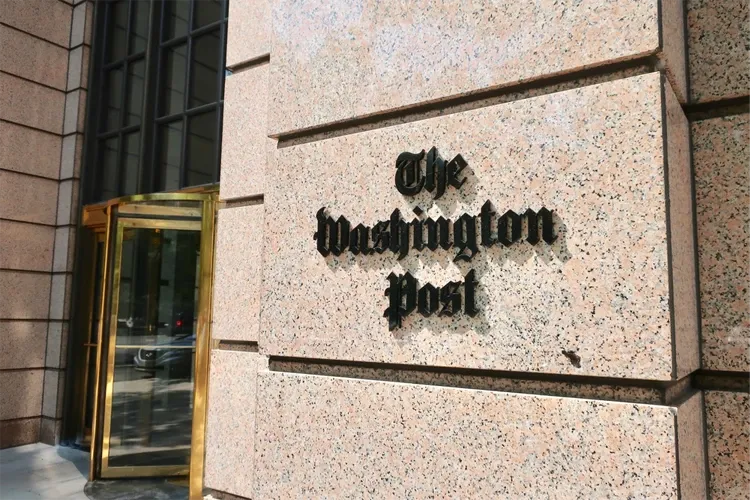The editorial board of The Washington Post wrote an opinion piece against forced diversity statements in academia, adding to a growing number of progressive-leaning individuals and institutions expressing hesitance toward the diversity, equity, and inclusion movement.
The editors wrote that mandatory diversity statements, under which potential hires at universities detail “how they would advance diversity, equity and inclusion in their teaching and research activities,” are now used in one-third of job listings at elite schools. Yet they asserted that the statements suppress free speech and limit the range of views among faculty.
“The last thing academia or the country needs is another incentive for people to be insincere or dishonest,” the editorial board wrote. “The very purpose of the university is to encourage a free exchange of ideas, seek the truth wherever it may lead, and to elevate intellectual curiosity and openness among both faculty and students. Whatever their original intent, the use of DEI statements has too often resulted in self-censorship and ideological policing.”
The opinion piece recounted how the Massachusetts Institute of Technology became one of the first elite schools to end the use of mandatory diversity statements after Randall Kennedy, a professor at Harvard Law School, contended that they are compelled “ideological litmus tests.”
Conservative professors have indeed challenged mandatory diversity policies over such concerns. Owen Anderson, a religious studies and philosophy professor at Arizona State University, has filed a lawsuit over a mandatory training course and quiz which required him to agree with certain ideological points in order to pass and shared his score with his supervisor.
The editors for The Washington Post distanced themselves from wholesale bans on diversity programs enacted by some states, yet agreed the statements “as a specific policy” are harmful.
“Because the criteria for acceptable DEI statements are often vague, jobseekers must do the work of anticipating the ideological and political preferences of university administrators and faculty, who are disproportionately left-leaning,” they wrote. “Yet jobseekers who disagree with the ideological premises of such inquiries have an overwhelming incentive to suppress their true beliefs, or pretend to have the ‘right’ ones, lest they be eliminated from consideration.”
The opinion piece comes after the University of North Carolina at Chapel Hill moved to defund their diversity department and increase allocations to campus police. Efforts in the corporate world to adopt diversity programs meanwhile lost momentum last year.




